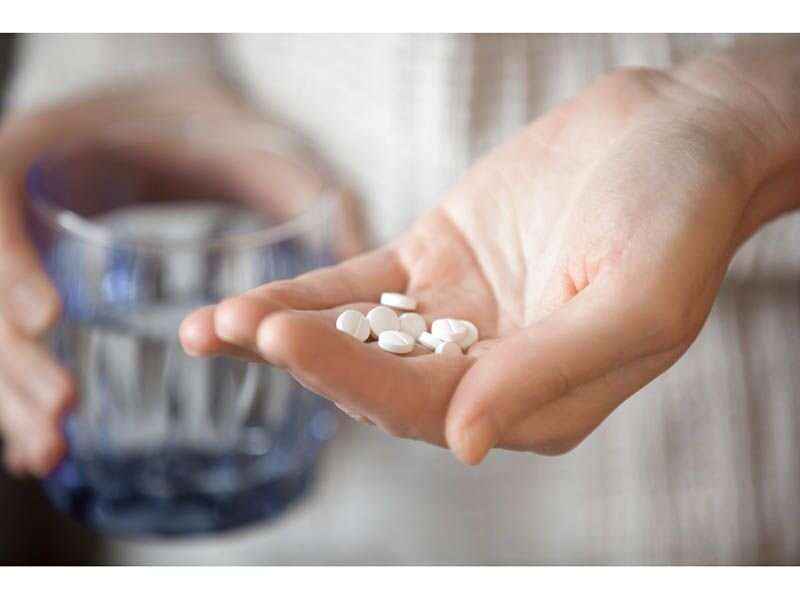Early ivermectin does not reduce hospital admission in COVID-19

Early ivermectin treatment does not reduce the risk for hospital admission or prolonged emergency department observation visits for adults with symptomatic severe acute respiratory syndrome coronavirus 2 (SARS-CoV-2) infection, according to a study published online March 30 in theNew England Journal of Medicine.
Gilmar Reis, M.D., Ph.D., from the Pontifical Catholic University of Minas Gerais in Belo Horizonte, Brazil, and colleagues conducted a double-blind, randomized trial involving symptomatic SARS-CoV-2-positive adults. Patients with COVID-19 symptoms for up to seven days with at least one risk factor for progression were randomly assigned to receive ivermectin (679 patients) or placebo (679 patients) once daily for three days.
The researchers found that 14.7 and 16.3 percent of patients in the ivermectin and placebo groups, respectively, had a primary-outcome event (hospitalization due to COVID-19 or an emergency department visit due to clinical worsening of COVID-19, defined as observation for more than six hours, within 28 days after randomization; relative risk, 0.90; 95 percent Bayesian credible interval, 0.70 to 1.16). Eighty-one percent of the 211 primary outcome events were hospital admissions. Findings were similar in a modified intention-to-treat analysis and per-protocol analysis. Ivermectin use had no significant effects on secondary outcomes or adverse events.
"The World Health Organization has concluded, on the basis of results obtained before our trial, that there existed only very-low-certainty evidence regarding ivermectin and thus recommended against the use of ivermectin for the treatment ofpatientswith COVID-19 outside the clinical trial setting," the authors write. "The findings in our trial are consistent with these conclusions."
One author disclosed financial ties to the pharmaceutical industry.
Copyright © 2022HealthDay. All rights reserved.




















